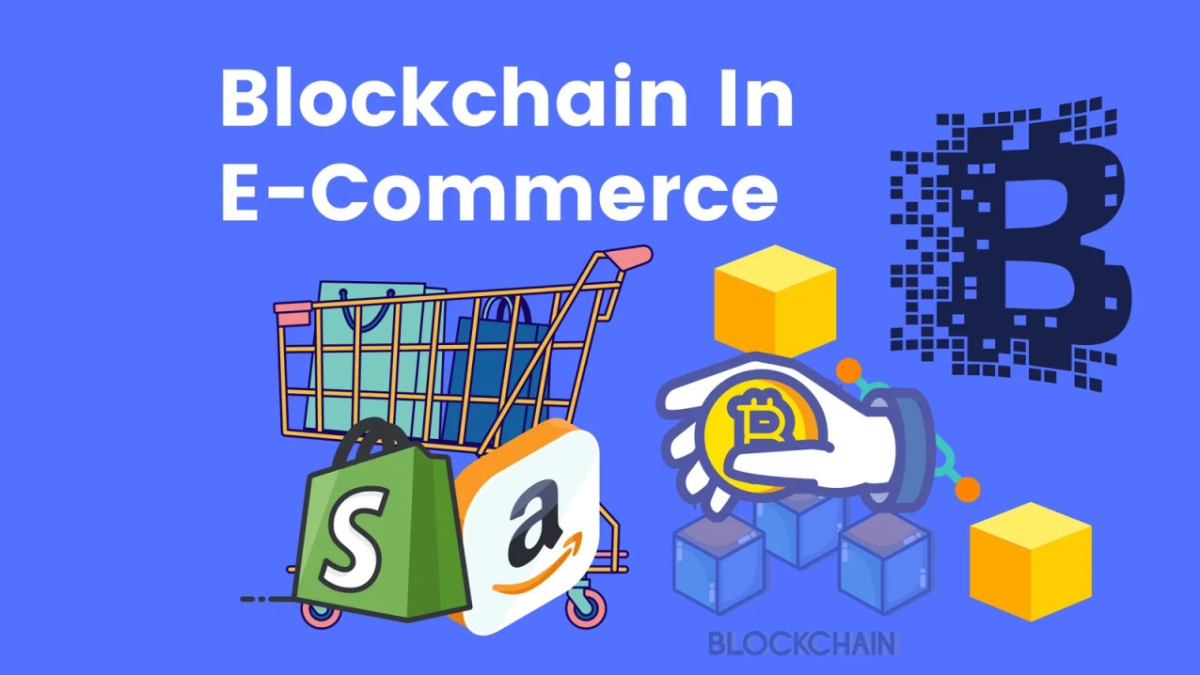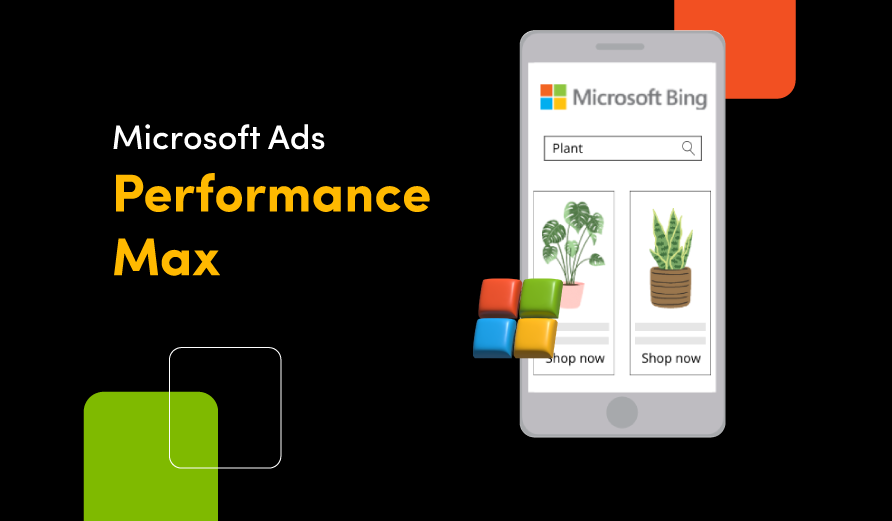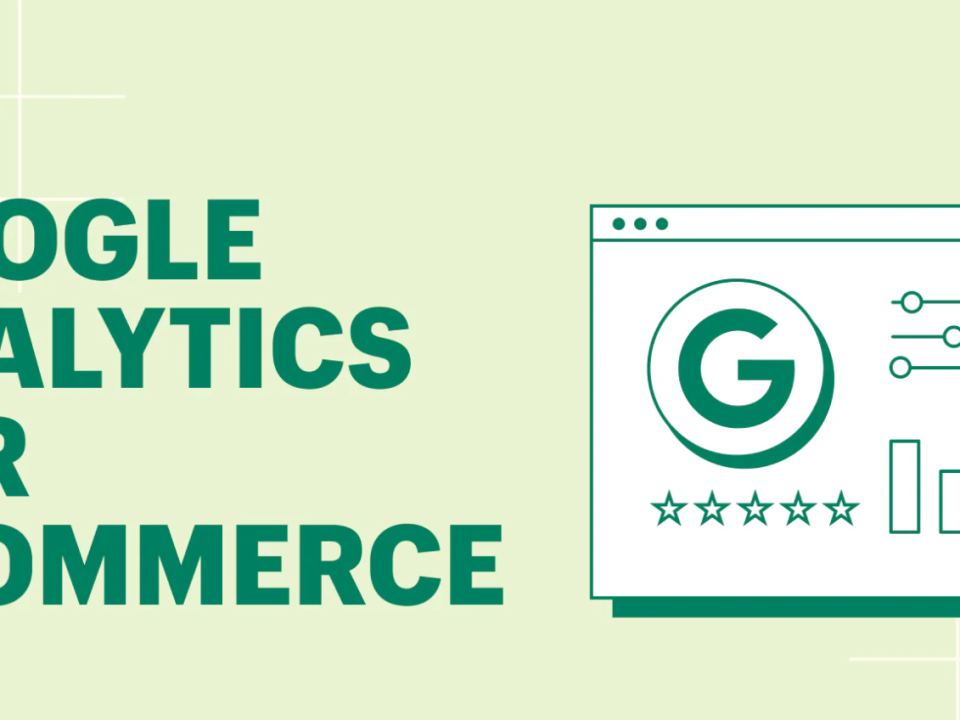- Call Now for a Free Evaluation
- +2347034964068
The Impact of Blockchain Technology on E-Commerce: A New Era of Security and Transparency
Blockchain technology is revolutionizing various industries, and e-commerce is no exception. With its decentralized, secure, and transparent nature, blockchain is poised to address some of the biggest challenges faced by online retailers and consumers alike. This post explores how blockchain technology is transforming e-commerce, its benefits, challenges, and future potential.
What is Blockchain Technology?
Blockchain is a distributed ledger technology that records transactions across multiple computers in a way that ensures the security and transparency of data. Each block in the chain contains a list of transactions, and once a block is added to the chain, the information it contains cannot be altered. This immutability and decentralization make blockchain a powerful tool for secure and transparent transactions.
Key Benefits of Blockchain in E-Commerce
1. Enhanced Security
Blockchain’s decentralized nature makes it highly resistant to hacking and fraud. Transactions are encrypted and linked to previous transactions, creating a chain that is difficult to tamper with.
Benefits:
- Data Integrity: Ensures that transaction data is accurate and has not been altered.
- Reduced Fraud: Minimizes the risk of fraudulent activities.
- Secure Payments: Provides a secure platform for online payments.
2. Improved Transparency
Blockchain provides a transparent record of transactions that can be accessed by all parties involved. This transparency builds trust between retailers and consumers, as every transaction is verifiable.
Benefits:
- Traceability: Tracks the entire lifecycle of a product, from production to delivery.
- Consumer Trust: Increases trust through transparent operations.
- Regulatory Compliance: Simplifies compliance with regulatory requirements.
3. Faster and Cheaper Transactions
Blockchain can streamline payment processes, reducing the time and cost associated with traditional payment methods. Transactions can be processed in real-time, without the need for intermediaries.
Benefits:
- Reduced Fees: Lowers transaction fees by eliminating middlemen.
- Instant Payments: Facilitates real-time transactions.
- Global Reach: Simplifies cross-border payments.
4. Smart Contracts
Smart contracts are self-executing contracts with the terms directly written into code. They automatically execute transactions when predefined conditions are met, reducing the need for manual intervention.
Benefits:
- Automation: Automates contract execution and enforcement.
- Reduced Errors: Minimizes human errors and disputes.
- Efficiency: Speeds up transaction processes.
Implementing Blockchain in Your E-Commerce Strategy
Step 1: Identify Use Cases
Determine the specific areas of your e-commerce business where blockchain can add value. Common use cases include payment processing, supply chain management, and customer loyalty programs.
Step 2: Choose the Right Blockchain Platform
Select a blockchain platform that aligns with your business needs. Popular platforms include Ethereum, Hyperledger, and Binance Smart Chain. Ensure the platform supports smart contracts and has a robust security framework.
Step 3: Develop Blockchain Applications
Work with blockchain developers to build and integrate blockchain applications into your e-commerce platform. This may involve developing custom smart contracts, payment gateways, or supply chain tracking systems.
Step 4: Ensure Regulatory Compliance
Ensure that your blockchain applications comply with relevant regulations and standards. This may involve working with legal experts to understand and navigate the regulatory landscape.
Step 5: Educate Stakeholders
Educate your employees, partners, and customers about the benefits and functionalities of blockchain. Provide training and resources to ensure a smooth transition and adoption.
Challenges of Blockchain in E-Commerce
1. Scalability
Blockchain networks can face scalability issues, especially when processing a large number of transactions simultaneously. This can lead to slower transaction times and higher fees.
Challenges:
- Transaction Speed: Slower processing times during peak periods.
- Network Congestion: Increased fees and delays during high traffic.
2. Regulatory Uncertainty
The regulatory environment for blockchain and cryptocurrencies is still evolving. Navigating this uncertainty can be challenging for e-commerce businesses.
Challenges:
- Compliance: Ensuring adherence to varying regulations.
- Legal Risks: Potential legal issues arising from regulatory changes.
3. Integration Complexity
Integrating blockchain technology with existing e-commerce systems can be complex and resource-intensive. This requires significant investment in technology and expertise.
Challenges:
- Technical Integration: Complexity of integrating with legacy systems.
- Cost: High initial investment for development and implementation.
- Skill Gap: Need for specialized blockchain expertise.
The Future of Blockchain in E-Commerce
The potential of blockchain in e-commerce is immense and continues to grow as the technology evolves. Here are some trends to watch:
1. Decentralized Marketplaces
Blockchain can enable the creation of decentralized marketplaces where buyers and sellers can interact directly without intermediaries. This can reduce fees and increase transparency.
2. Enhanced Customer Loyalty Programs
Blockchain can transform customer loyalty programs by providing secure, transparent, and easily transferable loyalty points. Customers can seamlessly earn and redeem points across different platforms.
3. Advanced Supply Chain Tracking
Blockchain can provide end-to-end visibility in supply chains, ensuring the authenticity and quality of products. This can be particularly beneficial for industries like food, pharmaceuticals, and luxury goods.
4. Integration with IoT
Combining blockchain with the Internet of Things (IoT) can enhance the traceability and management of products. IoT devices can record data on the blockchain, providing real-time insights into product conditions and locations.
Conclusion
Blockchain technology is set to revolutionize the e-commerce industry by providing enhanced security, transparency, and efficiency. Despite challenges related to scalability, regulatory uncertainty, and integration complexity, the benefits make it a promising investment for forward-thinking e-commerce businesses. By implementing blockchain solutions, you can improve transaction security, build customer trust, and streamline operations. Embrace the future of e-commerce with blockchain technology and unlock new opportunities for growth and innovation.





